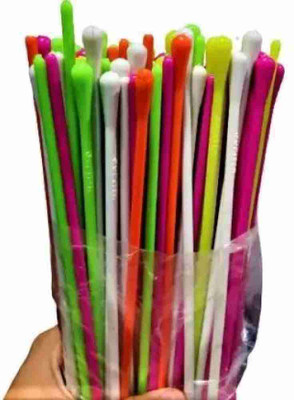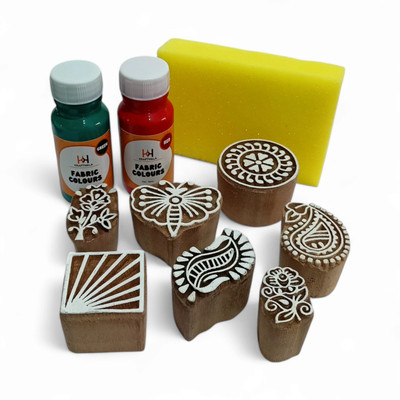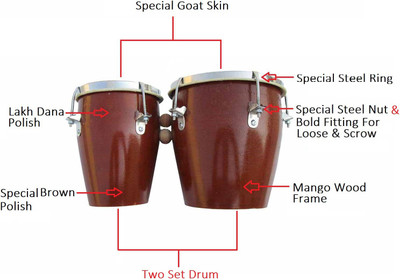
AB WORLD CLASS Hand Cymbals Manjira Pair - Indian Musical Instrument Decorative Clash Cymbal
Price: Not Available
Currently Unavailable
Description
Hand cymbal or manjira is a traditional hand percussion instrument of India. It is also known as manjeera, tala, jalra, khartal or kartal. Manjira has a significant importance in Indian folk music. Basically manjira is played in the aarti of Indian Gods & Goddesses for devotional music. Manjira in Tibetan style is known as tingsha which is a small for majira. These cymbals used in prayer and rituals by Tibetan Buddhist practitioners. Two cymbals are joined together by a leather strap or cotton string. Manjira is mainly made of metal, but antique style cymbals are made from special bronze alloys that produce harmonic overtones. Though Manjira is a small metal instrument, but it produces a sweet tinkling sound when struck together. The manjeera is a traditional percussion instrument of India. In its simplest form it is a pair of small hand cymbals. It is also known as manjeera, tala, jalra, khartal or kartal. Manjira has a significant importance in Gujarati Folk Music. Initially Manjira were played in Aarti of God & Goddess. In Gujarat, Manjira possess a significant importance & played in Bhajan, Santvani & Dayro. Though Manjira is a Small Metal Instrument, but it produces a sweet tinkling sound when struck together while doing Jugalbandhi with other Instruments. However, Manjira Playing is not an easy task, it requires a lot of Riyaaz (Practice) & deep knowledge of Sur & Taal. They often accompany folk or devotional music. It is used in various religious ceremonies of India, especially bhajans. This is a folk music instrument and is handcrafted by the artisans of village India. The folk music instruments are usually meant for sale in the rural local markets. The artisans use very simple and age old tools to make folk music instruments. Almost all folk music instruments therefore lack the finesse that we often see in classical instruments. Trading dukan is source through which artisans can connect directly with people globally,we desire to be a source ,where crafts sell as story not as a object .
Read More
Specifications
General
| brand |
|
| model_name |
|
| type |
|
| material |
|
| size |
|
| finish |
|
| skill_level |
|
Additional Features
| Other Features |
|
| Key Features |
|
Dimensions
| weight |
|
Ratings & Reviews
4
★
182 Ratings &
20 Reviews
- 5★
- 4★
- 3★
- 2★
- 1★
- 99
- 37
- 15
- 8
- 23
5
Worth every penny
Very good
READ MOREAmal Pal
Certified Buyer, Jhargam District
Jul, 2021
15
4
Report Abuse
5
Brilliant
Good
READ MOREFlipkart Customer
Certified Buyer, Muzaffarpur
Feb, 2024
0
0
Report Abuse
4
Worth the money
Good product
READ MORENarendra Patwal
Certified Buyer, Lalkuan
Jan, 2024
0
0
Report Abuse
1
Absolute rubbish!
Bed
READ MOREGopal Basumatary
Certified Buyer, Biswanath District
Jul, 2023
1
2
Report Abuse
5
Simply awesome
Ok
READ MOREChintu Rai
Certified Buyer, Azamgarh District
May, 2023
0
0
Report Abuse
1
Did not meet expectations
Bed
READ MOREFlipkart Customer
Certified Buyer, Indore
Jan, 2023
0
0
Report Abuse
+
All 20 reviews
Be the first to ask about this product
Safe and Secure Payments.Easy returns.100% Authentic products.
Back to top









